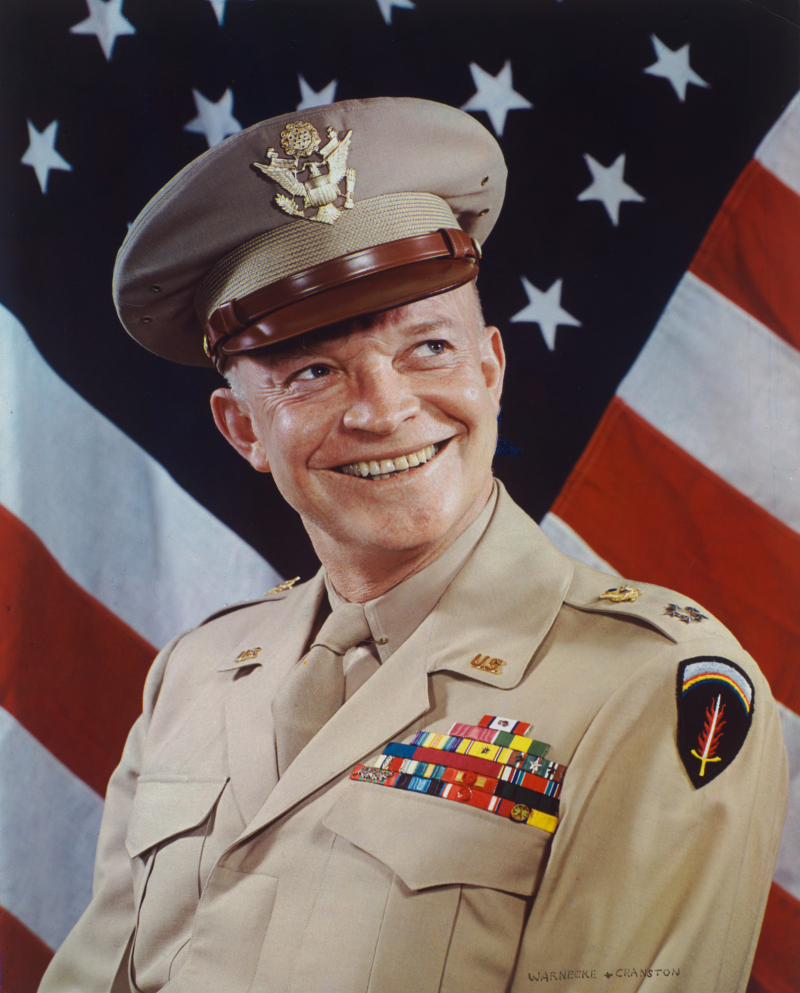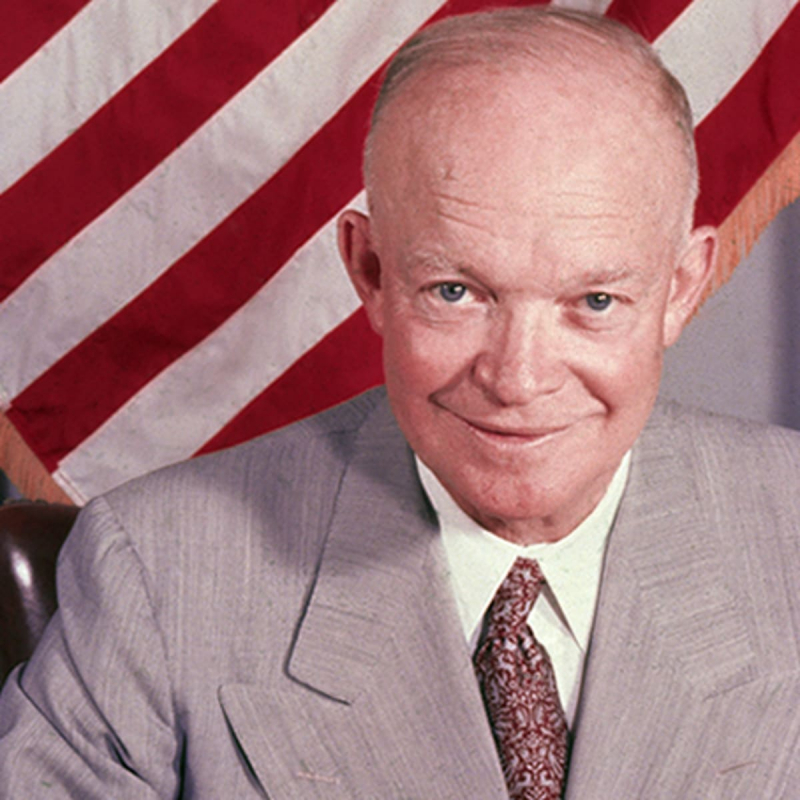Eisenhower's reputation deteriorated in the years after leaving office
One of the interesting facts about Dwight D. Eisenhower is that Eisenhower's reputation deteriorated in the years after leaving office. During his term, critics saw him as an indolent, boring, golf-playing president. This contrasted sharply with his energetic youthful successor, John F. Kennedy, who was 26 years his junior. Despite his extraordinary use of Army troops to implement a federal desegregation order at Little Rock's Central High School, Eisenhower was chastised for his unwillingness to assist the civil rights movement to the extent that activists desired. Eisenhower was also chastised for his handling of the 1960 U-2 incident and the resulting diplomatic embarrassment, the Soviet Union's apparent leadership in the nuclear arms race and the Space Race, and his unwillingness to actively condemn McCarthyism.
Eisenhower was particularly criticized for failing to protect George C. Marshall from Joseph McCarthy's attacks, despite privately condemning McCarthy's tactics and assertions. Although political conservatism was dominant in the 1950s, and Eisenhower generally expressed conservative ideas, his administration was primarily focused on foreign policy and followed a hands-off domestic policy. Eisenhower saw moderation and cooperation as tools for governing.
He attempted to slow or contain the New Deal and other federal programs, but he did not attempt to repeal them entirely. In doing so, Eisenhower gained support from the Republican Party's liberal flank. Conservatives criticized his administration for not doing enough to further the right's goals; according to Hans Morgenthau, "Eisenhower's victories were but accidents without consequence in the history of the Republican party."









